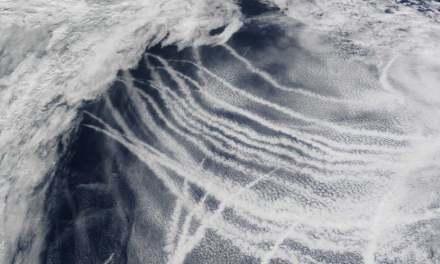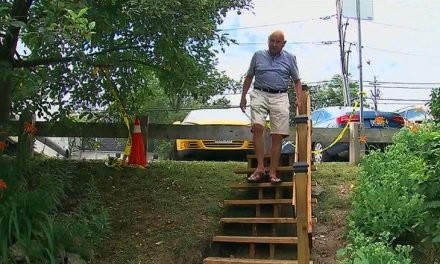A Florida man who tracks his bike rides using a fitness app found himself a suspect in a burglary when police used a geofence warrant to collect data from nearby devices, according to an investigation by NBC.
Zachary McCoy had never been in the home where the burglary occurred. Still, by leaving his location settings on for the RunKeeper app, he unwittingly provided information about his whereabouts to Google, which placed him at the scene of the crime.
RELATED STORY:
Since McCoy had biked past the house where the burglary took place three times on the day of the alleged crime, which is part of his usual route through the neighborhood, he became a suspect. Google’s legal investigations team contacted McCoy in January, notifying him that Gainesville police were demanding information from his Google account. McCoy said:
“I didn’t realize that by having location services on that Google was also keeping a log of where I was going. I’m sure it’s in their terms of service but I never read through those walls of text, and I don’t think most people do either.”
RELATED STORY:
RELATED STORY:
McCoy was ultimately cleared as a suspect, but not before hiring attorney Caleb Kenyon to help him figure out precisely what data police were seeking. The geofence warrant is a type of search warrant that required Google to provide data from ANY devices it recorded near the scene of the burglary, including the location. Kenyon said:
“This geofence warrant effectively blindly casts a net backwards in time hoping to ensnare a burglar. This concept is akin to the plotline in many a science fiction film featuring a dystopian, fascist government.”
Law enforcement requests for geofence warrants have risen sharply – a whopping 1500 percent from 2017 to 2018 and another 500 percent between 2018 and 2019.
RELATED STORY:

I highly recommend this product and use it on all of my devices. It blocks 84% of the negative effects of radiation. Click “Shop Now,” while supplies last ~ Erin
Last year, the New York Times highlighted the 2018 case of Jorge Molina, accused in an Arizona homicide after police used a geofence warrant that suggested he was near the scene of the crime. The case against Molina ultimately fell apart as new information came forward.
Geofence data is usually pulled from Android location services; collection can be turned off from the “accounts” menu in settings.
Last month, Google announced it was putting new restrictions on which Android apps can track location in the background. Beginning in August, all new Google Play apps that seek background access will be subject to a review process.












